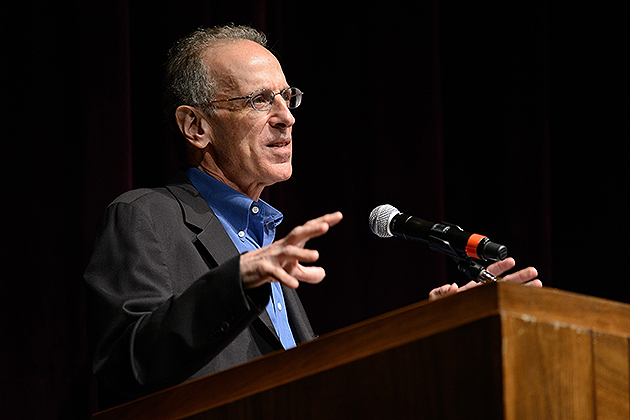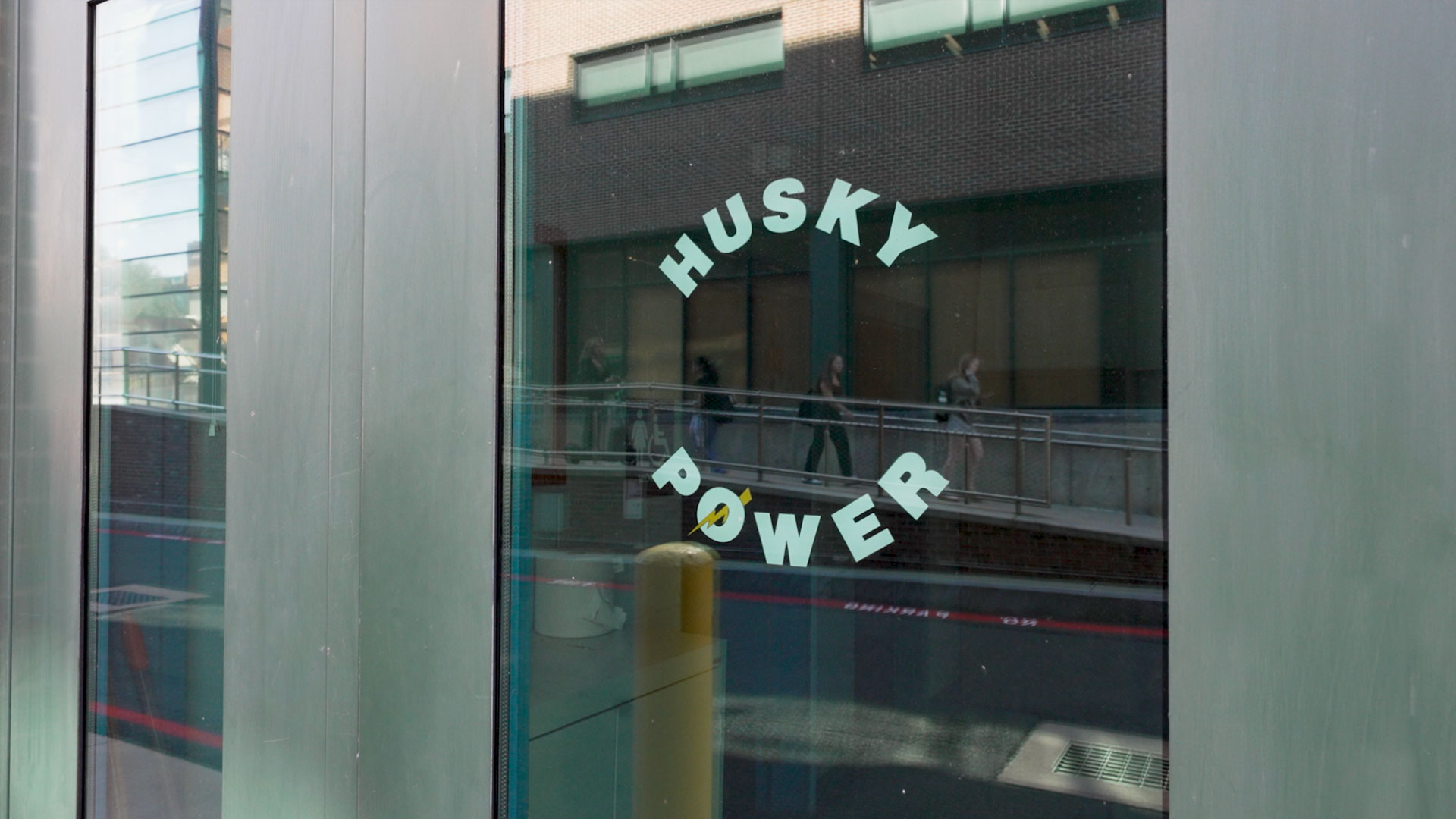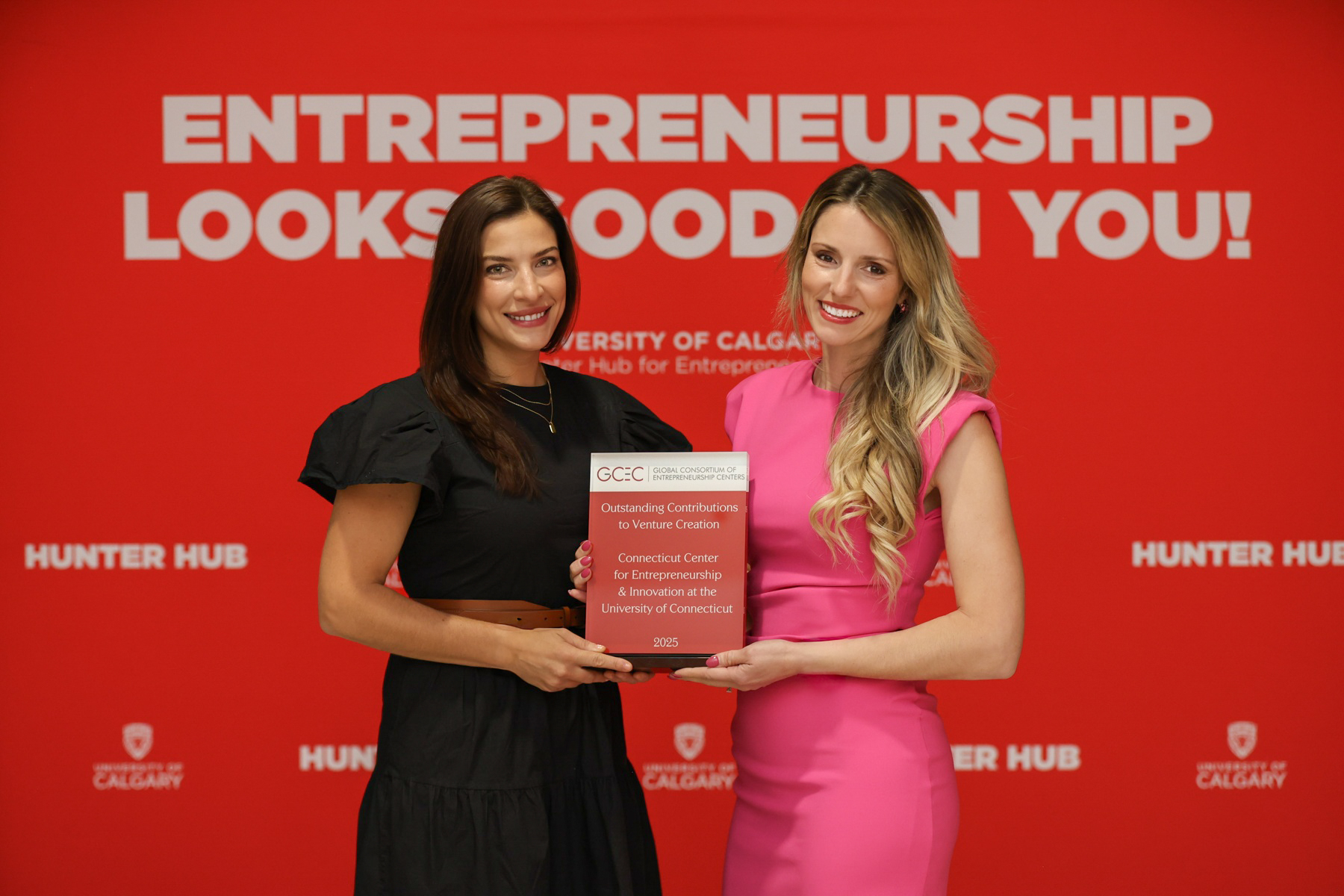
Despite the public handwringing about the divisiveness of Washington politics today, former New York Times ethics columnist Randy Cohen does not think the current climate is the low point in political discourse.
Opening the Civility Metanoia Speakers Series Wednesday at the Jorgensen Center for the Performing Arts, Cohen said that while some may consider today’s political attack ads as the low point in modern civility, the Foundation Fathers of the nation “were much more obnoxious than we are – yet another way in which they were superior to us.”

Cohen, a former writer for “Late Night with David Letterman,” cited the 1800 presidential election between Thomas Jefferson and John Adams, who each hired writers to develop the 18th-century version of attack ads.
Jefferson’s writers said of Adams: “He is a hideous hermaphroditical character, which has neither the force and firmness of a man, nor the gentleness and sensibility of a woman.” Adams’s side claimed that if Jefferson were elected: “Are you prepared to see your dwellings in flames, female chastity violated, children writhing on pikes? Great god of compassion and justice! Shield my country from destruction.”
Cohen, whose latest book is Be Good: How to Navigate the Ethics of Everything, said that all communities, including government, require civility, including the university “where the essential mission is the exchange of ideas. What will result from [civility] is discussion, debate, and disagreement … If we’re going to face each other with conflicting ideas, that requires civility. We can’t just demand that people do the right thing. We have to create circumstances that make it possible. The essential element is civility. We needn’t agree with one another, but we have to be able to disagree without fistfights.”
Noting that the United States is an immigrant nation, Cohen said that encountering people of different backgrounds not similar to our own establishes one of the essential elements of a university – to be exposed to new ideas.
“[You encounter] different ways of thinking, but that’s going to mean there is going to be friction,” he said. “Politeness is the way to ease friction. Civility is a public act, the way we behave with people we don’t know very well. “
He offered five guidelines for responding with civility when presented with a new idea, “no matter how goofy the idea it is, or how wrongheaded it seems”:
- Many, many problems have multiple solutions. There’s not just one right answer. “That doesn’t apply in math class, but it does apply in political science.”
- Be willing to play along. “Accept the premise and see where it takes you. If the idea is foolish, it will reveal itself soon enough.”
- Don’t make it personal and don’t take it personally. “Respond to the idea, not to the person.”
- You can set the right tone for it by assuming we’re all in it together; that we are allies, not adversaries, in a quest for the truth.
- Remember that a conversation need not be a confrontation, that you can speak discuss, analyze, and disagree as long as you keep the tone friendly.
Cohen emphasized how civil behavior is affected by circumstances and how conduct is a function of community, describing it as “a kind of an ethical pragmatism.”
“It’s how we get people to be good. It doesn’t get you off the hook morally, though; it puts you on a bigger hook,” he said. “Because if you accept this, that our conduct is a function of our community, then you have to see yourself as a member of the community with reciprocal obligations to the other members of the community; and you have to accept the ideas that if justice and virtue will only flourish in a just society, then it becomes your moral obligation to work to build a just society, and that has to be done with courtesy, consideration, and essentially with civility.”
Metanoia is an institutional tradition at UConn, begun in 1970. The word means “change of attitude,” and entails programming specially developed to promote university-wide reflection and engagement with a critical issue. For more information, go to www.metanoia.uconn.edu.



